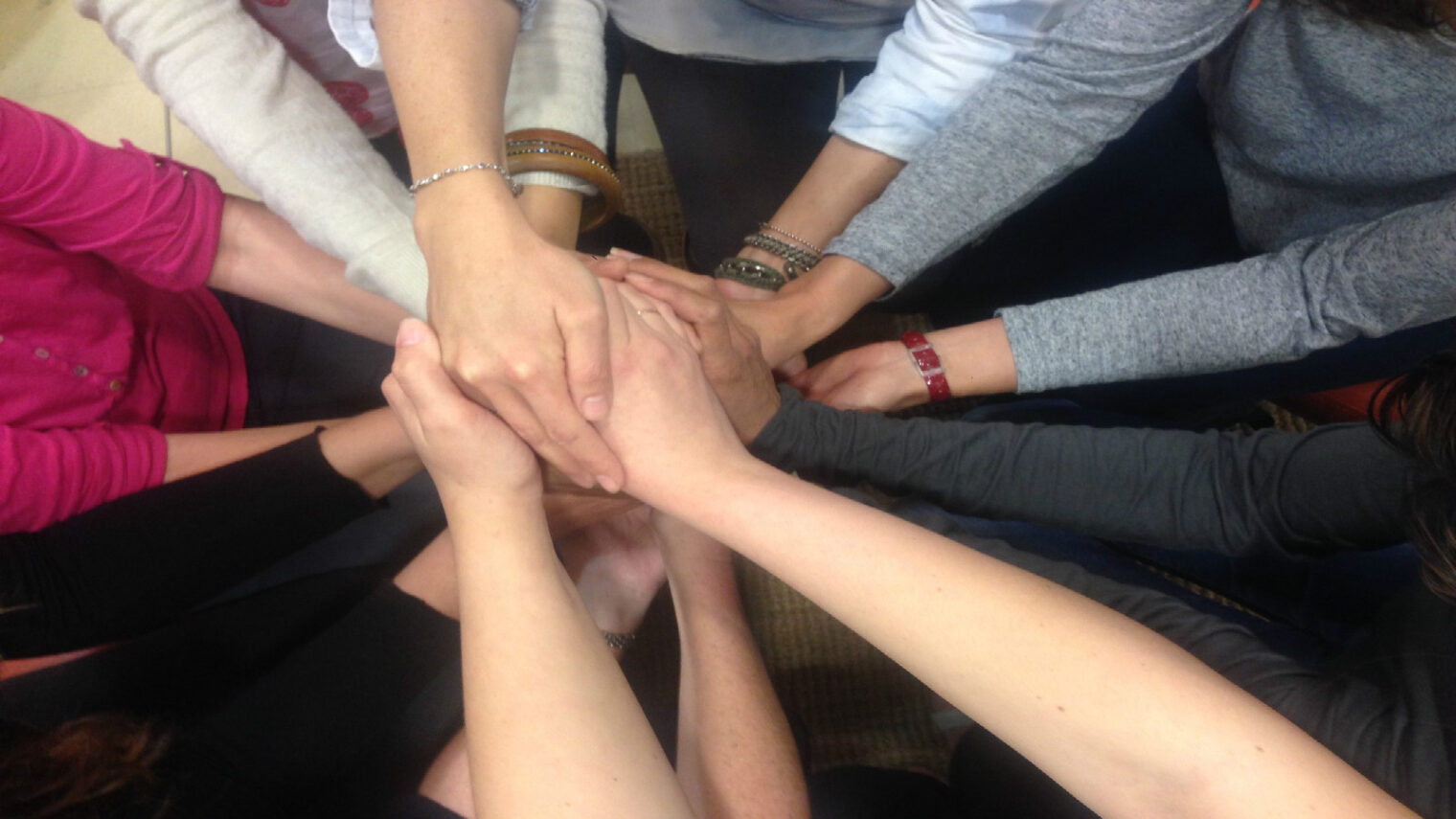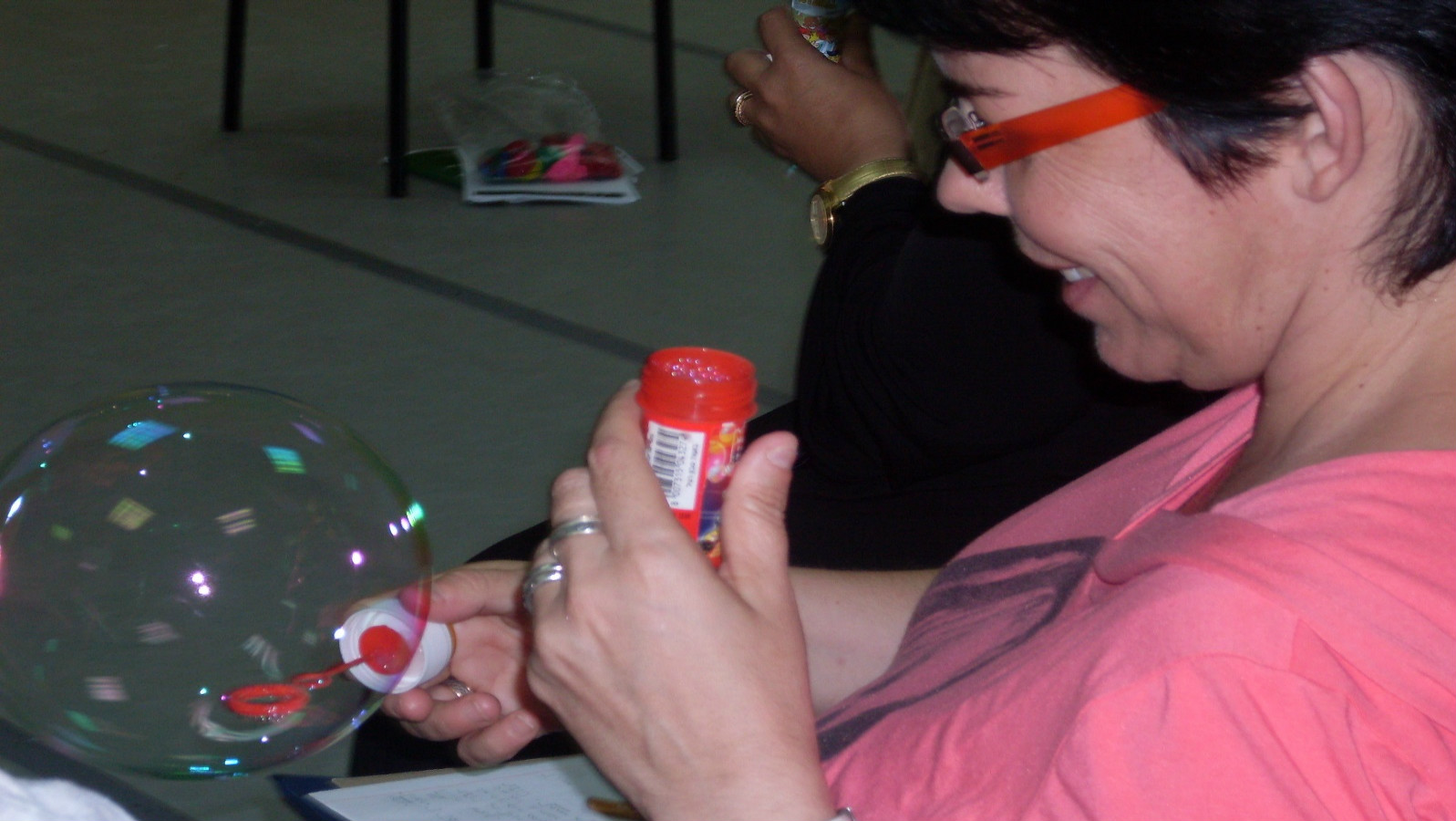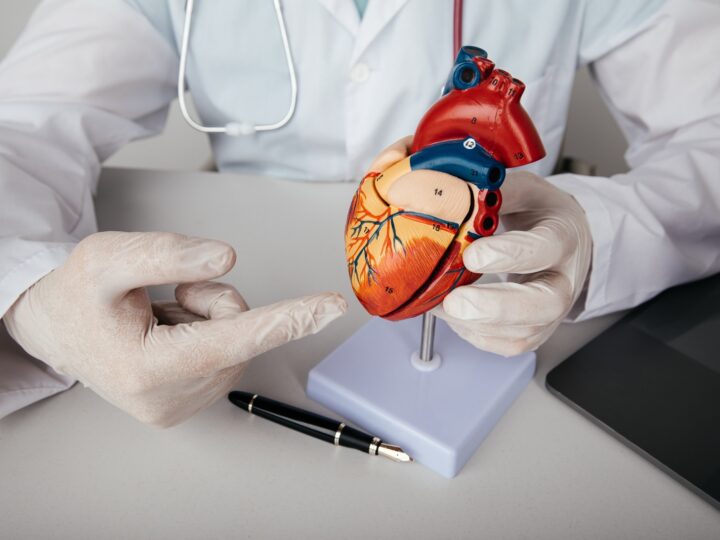Last summer, as half of Israel’s citizens lived under threat of missiles, the Association for Children at Risk developed a novel Autism and Resiliency Program aimed at soothing frayed nerves of the 1,000 children with autism spectrum disorder (ASD) it serves throughout the country, by training their teachers and parents how to calm themselves.
The organization devised the approach in cooperation with its affiliated Cohen-Harris Resilience Center. The program is now being piloted in several of the association’s ASD preschools to help adults and children deal with daily fears and frustrations, and not only the acute trauma of war.
It is another example of an Israeli innovation born of conflict and adaptable to everyday needs in Israel and across the globe.
Nilly Cohen Aronson, professional director of the Association for Children at Risk, explains that during last summer’s 50-day Operation Projective Edge, hundreds of autistic children lacked the regular school routine that helps keep them calm, having to stay at home with parents already feeling frazzled from frequent rocket attacks.
“If a non-autistic child has difficulty in dealing with the terrible reality of war which is, by definition, confusing and troubling, this experience is multiplied by thousands for an autistic child,” Aronson tells ISRAEL21c. “An autistic child needs a stable, calm, comforting and regulated environment in order to build a sense of trust and security within himself and in his environment. Sadly, this safe and stable environment is shattered with the siren’s sound and the sounds of bombs.”
With the help of donations from around the world, the Cohen-Harris Center worked with Aronson’s autism experts to adapt its tried-and-true model for children with normative development, where educators and parents are taught practical coping skills and then teach them to the children in their care. For ASD children, the adults use the coping tools to calm themselves, effectively calming the kids as well.
Autism experts to hear about the Israeli program
Psychotherapist Daniel Hamiel, director of the education resilience program at the Cohen-Harris Center, will present the year-old program at the European Congress of Cognitive Behavioral Therapy, to take place in Jerusalem this September.
“The unique aspect is that it’s not directed at the kids but at their parents and teachers,” Hamiel tells ISRAEL21c.
“The first part is adult resilience and then the second part is how to use the tools they’ve learned in their communication with the kids. I think nobody else does it this way, and it could certainly be adapted to other countries and cultures.”
Aronson says that for ASD children, feelings of personal danger aren’t exclusive to wartime. “A sudden noise, a change in the route leading to his home, a change in the taste of a familiar food, and endless other changes in his routine, feel like a direct attack which creates fear and panic.
“With this in mind, we started writing a manual for parents and caregivers to increase their resiliency, which is promoted through effective, easily learned coping skills that make the difference in the lives of autistic children. A calm, regulated adult prevents an autistic child from withdrawing, regressing and falling apart every day, as well as at times of war.”
Study in Ashkelon
The Association for Children at Risk, established in 1990, provides a range of services to ASD children and their families, including 140 preschools for ages 3-7, 10 daycare centers for ages 18 months to three years, and in-school treatment for older kids.
The affiliated Cohen-Harris Center, which works with all populations and not only those with ASD, led resilience training programs in Molise, Italy, in 2003, in Turkey after the 2004 earthquake, and in Israel.
“In the last 10 years, we’re focusing more on preventative intervention and not as much on trauma,” Hamiel explains.
Several published studies done by the center show how effective this can be. The main study was done in Ashkelon, eight miles from the Gaza Strip. In 2009, Ashkelon’s residents were barraged by rocket fire from Gaza. Half the city’s elementary schools had completed the Cohen-Harris Center’s preventative intervention program, which focused on handling normal stressors like getting a bad grade on a test or having an argument with a parent.
“After the war, we compared schools with and without our intervention, and the results were amazing,” Hamiel says. Incidents of post-traumatic stress disorder (PTSD) were decreased by 50 percent in schools that had preventative resilience training.
“The main issue was that it was done not by professionals in mental health but by teachers,” says Hamiel, who has had inquiries from colleagues about this method from other countries.
The 2014-15 pilot of Autism and Resiliency Program began in five of the Association for Children at Risk’s daycare centers, and in September will spread to 30 of its kindergartens across Israel.
“The therapists and teachers go through training from Danny [Hamiel] and then train their whole staff and then the parents,” Aronson relates. “We didn’t see it operating yet in times of war, but after seven lessons they tell us it makes a huge difference in their everyday lives. The program helps the adults control their thoughts and regulate their breathing to get beyond that sense of helplessness and fear when the child exhibits a certain behavior. When they relax, the child relaxes.”
For more information, click here.


















